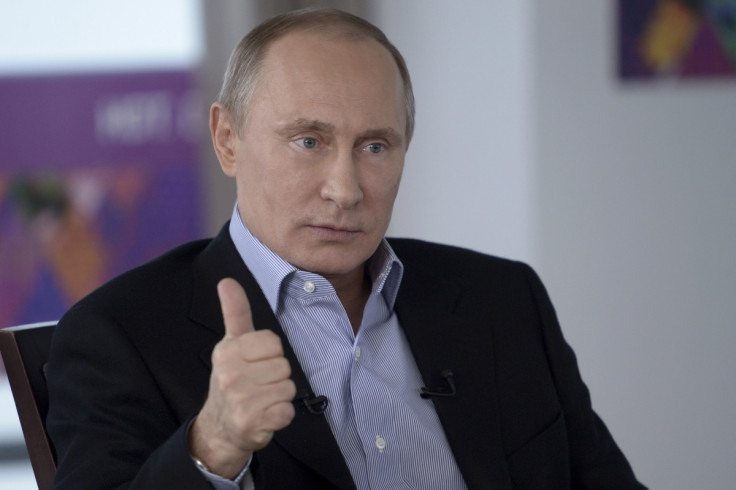What's Behind the Russian Lingerie Ban?

The Customs Union has recently issued a ban on synthetic lace lingerie which will outlaw any underwear containing less than 6% cotton from being imported, made, or sold in Russia, Belarus and Kazakhstan.
The ban has met disapproval among many women across the three countries.
Dozens of protesters engaged "Panties for the President" and "Freedom for Panties" demontrsations and several Kazakh women were reportedly detained by the police in Almaty, after protesting against the ban.
Many women have posted pictures of themselves in lacy underwear on social networks and compared the photos to images of Soviet-era style brown, shapeless underwear.
The ban is aimed at protecting customers from cheap materials that could have a negative health impact; however, critics consider the legislation as another attempt to implement misguided controls and regulations in post-Soviet countries.
The union's regulation ТR СU 017/2011 was passed by the lawmakers in 2011, but will only come into effect this July.
The then-secretary of state Hillary Clinton called the legislation a way to "re-Sovietize the region" two years ago.
Critics have also argued that with this measure, Putin is seeking an ever-closer political union with ex-USSR members.
"I think this is just another silly law that shows the ineffectiveness of our government," said 22-year-old Muscovite Trifon Gadzhikasimov.
The Eurasian Economic Commission declined to comment on the issue, saying it was preparing a statement about the underwear ban.
The Customs Union - a Moscow-initiated trade bloc - was launched in 2010 and was the first step towards forming a broader European Union-type economic alliance of former Soviet states Belarus, Kazakhstan, and Russia.
Since January 2012, the three states are a single economic space called Common Economic Space, which promotes further economic integration.
The Customs Union has attracted criticism and skepticism from the outside world, especially Europe and members of the World Trade Organisation (WTO), and also from the domestic producers and businessmen in Kazakhstan and Belarus particularly.
The view from Europe and from within Kazakhstan has tended towards seeing this as a way for Russia flexing its economic power in what it considers its 'sphere of influence, according to research fellow at Cambridge Central Asia forum Svetoslav Varadzhakov.
Washington has openly opposed to the Custom Union, seen as an attempt to re-integrate the post-Soviet countries into a new USSR-type union.
President of Kazakhstan Nursultan Nazarbayev also criticised the union, which has "brought more disadvantages than advantages to Kazakhstan," he said, "and has led to increasing disparity in the trade balance of the country. We still face the same difficulties in the promotion of Kazakh food products on the Russian market; there is no free access to the Russian energy market; there are limited opportunities for electricity transit; the Customs Code of the CU is in need of maximum simplification and liberalization."
Complaints about the functioning of the Customs Union were also expressed by Belarusian President Alexander Lukashenko, who complained about the "numerous exemptions" from the current legislation of the CU.
"Since we have agreed, then let us create a real unified economy and remove these exemptions," said Lukashenko.
"The number of exemptions and restrictions has not decreased, in some areas it has even increased."
© Copyright IBTimes 2024. All rights reserved.







